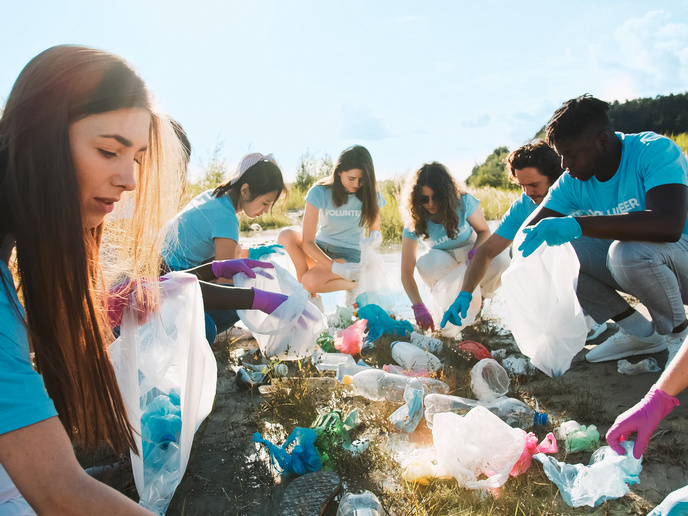Making the connection between science class and the real world
Adopting open schooling in formal education and making it more widely accessible is an effective way to motivate and encourage young people to pursue science careers and to develop positive attitudes towards jobs in science, technology, engineering and mathematics (STEM). However, this is a challenge for students whose interest is limited for various reasons, such as a lack of role models and few opportunities to participate in science beyond the classroom.
Science in action
To address this issue, the CONNECT project applied the so-called CARE-KNOW-DO approach. Ultimately, the aim is to provide more opportunities in school curricula for students to ‘care’ about social issues that relate to science and would like to ‘know’ more about. Lastly, they ‘do’ something by taking action. “We encouraged students to identify real-world problems they care about and apply scientific knowledge to solve them collaboratively,” says CONNECT coordinator Georgios Kolionis, research project manager at EXUS, an enterprise software company based in Greece. “This involved integrating projects into existing science curricula and engaging families, universities and enterprises in participatory science activities.”
Building science capital
CONNECT focused on about 30 000 students in Greece, Spain, Romania, and the United Kingdom, as well as Brazil. Over 1 000 teachers and more than 100 schools participated. Nearly 17 000 students completed all open schooling activities and evaluation procedures. Specifically, students and STEM professionals discussed and addressed real-life problems involving scenarios related to six areas: health and food; technologies; energy; environment; science-society; and climate change. By using knowledge and skills acquired with the help of teachers, students then received support from STEM professionals and family members to carry out practical solutions. Such actions will result in a positive impact for the students themselves, their communities and society overall. For example, to learn about the problems concerning plastic pollution, over 6 000 students collected and recorded plastic waste from their surroundings. This activity was enriched by an interview with Richard Thompson, one of the foremost experts on plastic pollution who first used the term microplastics.
Making science open, accessible and engaging
A platform enabled teachers and STEM professionals to collaborate in creating science action projects. Several other valuable resources are also available. These mainly include best practices involving face-to-face and remote educational tools, and videos with project information and tutorials, as well as work done with schools and students. In mid-2023, a book was published with principles, practices and tools to boost students’ confidence in using science in their lives and careers. To ensure greater scalability, CONNECT initiated the Open Schooling Declaration (OSD) to raise awareness about open schooling’s importance, objectives, methodologies and relevance. It is comprised of 12 global principles, 14 recommendations and 40 actions. The OSD was presented at the United Nations Sustainable Development Goals Summit in September 2023. “CONNECT is transforming teaching practices by empowering teachers to design student-centred lessons that foster active participation, collaboration and co-creation of knowledge,” concludes Kolionis. “Through meaningful interactions with various stakeholders, students are becoming equipped with the skills, knowledge and mindset necessary to thrive as lifelong learners and professionals in an ever-evolving world.”
Keywords
CONNECT, science, student, school, open schooling, STEM, teacher



